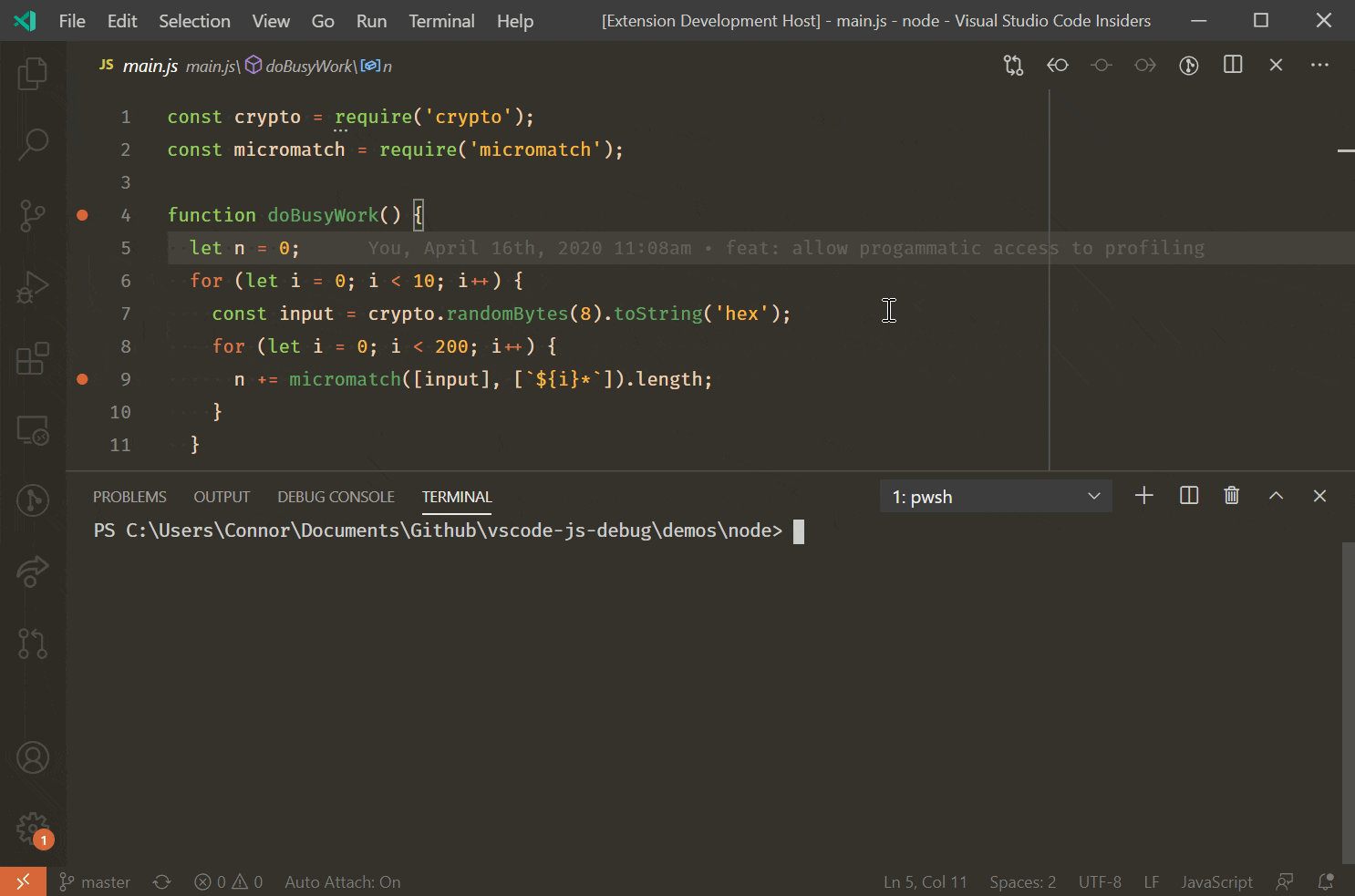

- Node.js on windows asking for password for some files how to#
- Node.js on windows asking for password for some files install#
To streamline your Node.js development workflow, this project uses nodemon to restart the server and browser -sync to reload the browser whenever relevant source files change. env as follows: DEV_PORT = 4041 PROD_PORT = 4040 env file under the project directory: touch.
Node.js on windows asking for password for some files install#
🛠 Install the Node.js project dependencies: npm install 🛠 As such, clone the auth0 -express -pug -sample repository on its starter branch to get started: git clone -b starter Once you clone the repo, make auth0 -express -pug -sample your current directory: cd auth0-express-pug-sample You can focus on building Express components to secure your application.

The starter application uses Bootstrap with a custom theme to take care of the styling and layout of your application. We have created a starter project to help you learn Node.js security concepts through hands-on practice. ⏰⚡️ If you are short of time, check out the Auth0 Express Quickstart to get up and running with user authentication for Express in just a few minutes. Once your users log in successfully, Auth0 takes them back to your app, returning JSON Web Tokens (JWTs) with their authentication and user information. Your application will then redirect users to an Auth0 customizable login page when they need to log in. You first integrate your application with Auth0.
Node.js on windows asking for password for some files how to#
With the help of Auth0, you don't need to be an expert on identity protocols, such as OAuth 2.0 or OpenID Connect, to understand how to secure your web application stack. ⚠️ If you still need to use Passport.js to secure your Express application, please refer to the Node.js and Express Authentication Using Passport tutorial. Express OpenID Connect lets you add user authentication to Express applications using security best practices while writing less code. This library provides Node.js developers with an alternative to Passport.js. This guide uses the Auth0 Express OpenID Connect library to secure Express web applications. You'll enhance a starter Node.js project to practice the following security concepts: This tutorial demonstrates how to secure a Node.js web application built with the Express framework by implementing user authentication. , might be an idea to mention / will be treated as relative to the root of the FS, which breaks on Windows? While I now (finally) understand why it behaves the way it does, it feels like a footgun if you're migrating from require to import.Look for the 🛠️️ emoji if you'd like to skim through the content while focusing on the build steps. Maybe in the section talking about relative specifiers to import()? The 2 relative examples use. pathToFileURL is only mentioned in one place in the current ESM docs, and that's in an example transform loader. I think this should be highlighted in the docs somewhere, although I'm not entirely sure where. as relative and not /) is not an option? Would probably be bad for browser interop. So what essentially happens is import(specifier) => import(new URL(specifier, )) to resolve the absolute path? In that case I don't really have any ideas on how to best detect it 😅 I assume being stricter (i.e.

$ node -p 'new URL("/Users/user/file.js", "").href '

I'd still consider this a bug in node, though With url.pathToFileURL it works, so we can use that in Jest. The specifier of an import statement is the string after the from keyword, e.g.


 0 kommentar(er)
0 kommentar(er)
